
Sun Tzu's Art of War
The Modern Chinese Interpretation
Read or listen offline
Amazon KindleRecommendation
Sun Tzu was ancient China’s most renowned general. His classic text on strategy survived through the centuries and is still as applicable to war, politics and economics today as it was when Sun Tzu first drafted it. Many translations of Sun Tzu’s manuscript are available, but this one is both attractive and focused. General Tao Hanzhang supplements the actual text with his commentary. Since he spent his entire professional life as a soldier, his interpretation makes Sun Tzu’s guidance more applicable to contemporary situations. Thoughtful questions follow each brief chapter in this pocket-sized book. Though many readers have determined that aspects of this work are highly useful in business, some may find that translating military strategy to corporate life is too laborious, or may feel that Sun Tzu focuses their attention on conflict between businesses without addressing production issues or consumer needs. getAbstract thus recommends this immortal title to patient readers and to those interested in strategy in the broadest sense.
Summary
About the Author
General Tao Hanzhang is a senior officer in the People’s Liberation Army of China and a senior advisor at the Beijing Institute for International Strategic Studies.









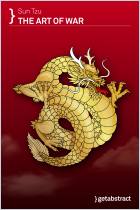
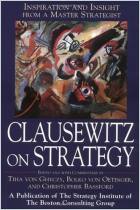
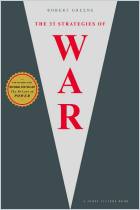
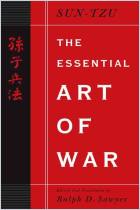
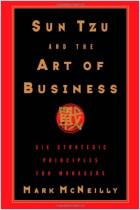
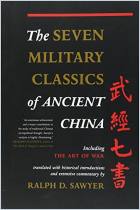




Comment on this summary or Démarrer une discussion